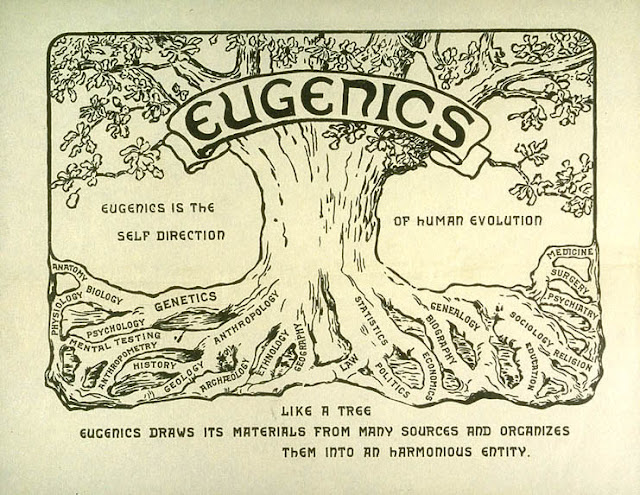Pareto Optimal or Zero Sum Aspects To Diversity And Globalism
Over at Quora, one poster tries to make sense of why ordinary people oppose immigration, and discovers something about countries:
One aspect is that a policy may be potentially Pareto optimal - meaning that you cannot make anyone better off without making someone else worse off presuming that the winners were to compensate the losers - but that's of slim comfort to you, your family, town, county, or state if you lose and the winners don't actually compensate you as the welfare economics standard suggests would be possible.
Well, wait a second... that sounds like zero-sum conditions, where no one can win without someone else losing. How can we explain this? Simply put, borders exist for a reason: for anyone in a society to have anyone else comes in means a loss of what they had before, which was an ethnically-consistent society in which their group had self-determination. Each person arriving gradually chips away at their culture, values, hierarchy, and future.
The writer recognizes that, by seeing that there are more complex considerations than merely "does this produce growth/wealth/profit?" regarding immigration:
How is one to reconcile the pull to assimilate with the pull to retain connection to one’s roots? A man without roots can be blown hither and thither by every societal gust of wind. But on the other hand it can be a bit tough when someone brought up with the values of a traditional society encounters the shock of modernity. It happened very slowly in Europe; it’s happening faster today, but it’s not realistic to expect people to be able to adjust overnight without experiencing some difficulties. People who are smarter and more creative are probably better able to make such adjustments and reconciliations. What determines how smart and creative you are ? A lot of it is what you are from - not just who your parents are, but given Mendelean inheritance (and we have found today it is more complex than that) who your ancestors before that are. Traits and capabilities tend to revert to the mean, but which mean is determined by your ancestors. So if one takes a longer term view of things (considering the impact on future generations) then one cannot just look at the person before you, even though that may seem unfair from an individualist point of view.
Then there are questions of trust and social capital. Trust is very important for the harmonious functioning and flourishing of a society. But trust is a feeling (that has a relationship to lived experience but is distinct from it), and so has a pattern of its own that may not follow a logical structure. And the challenge here is that the more diverse a society is, the less trust there is. People tend to cocoon and keep themselves to themselves. This according to the liberal sociologist Robert Putnam who was so horrified by his results that he sat on his work for a decade. Now that doesn’t mean the challenges created by diversity are insurmountable and Putnam has some thoughts on this - but the point is that they are real challenges, and pretending they don’t exist as policymakers in the West have until recently done does not make them disappear. I don’t have a final answer, of course, but political correctness - once again - achieves the opposite of the ostensible aims of its advocates by making it impossible for people to recognise and therefore begin to solve such challenges.
This leads him to a different calculus than mere economics, namely whether or not immigration "fits" the profile, brand, and consistency of a nation:
I think that pro open-borders advocates (a set of people that intersects the set of economists but is not identical with it) generally don't pay sufficient attention to the fact that people are very different, and it really makes a difference who you choose to accept as your future colleagues, friends and neighbours. It's a big world today, most people are still much poorer than Western countries are, and there has been a very big change in the past few decades: incomes in poorer places have risen and transportation costs have massively fallen. So probably it won't be possible to accept everyone who might want to immigrate and if that's the case then one way or another you have to choose and if you have to choose you might as well do it consciously, considering the different choices and the ultimate consequences.
Quite an interesting essay if you have the time to read and worth the effort for analysis.




Comments
Post a Comment